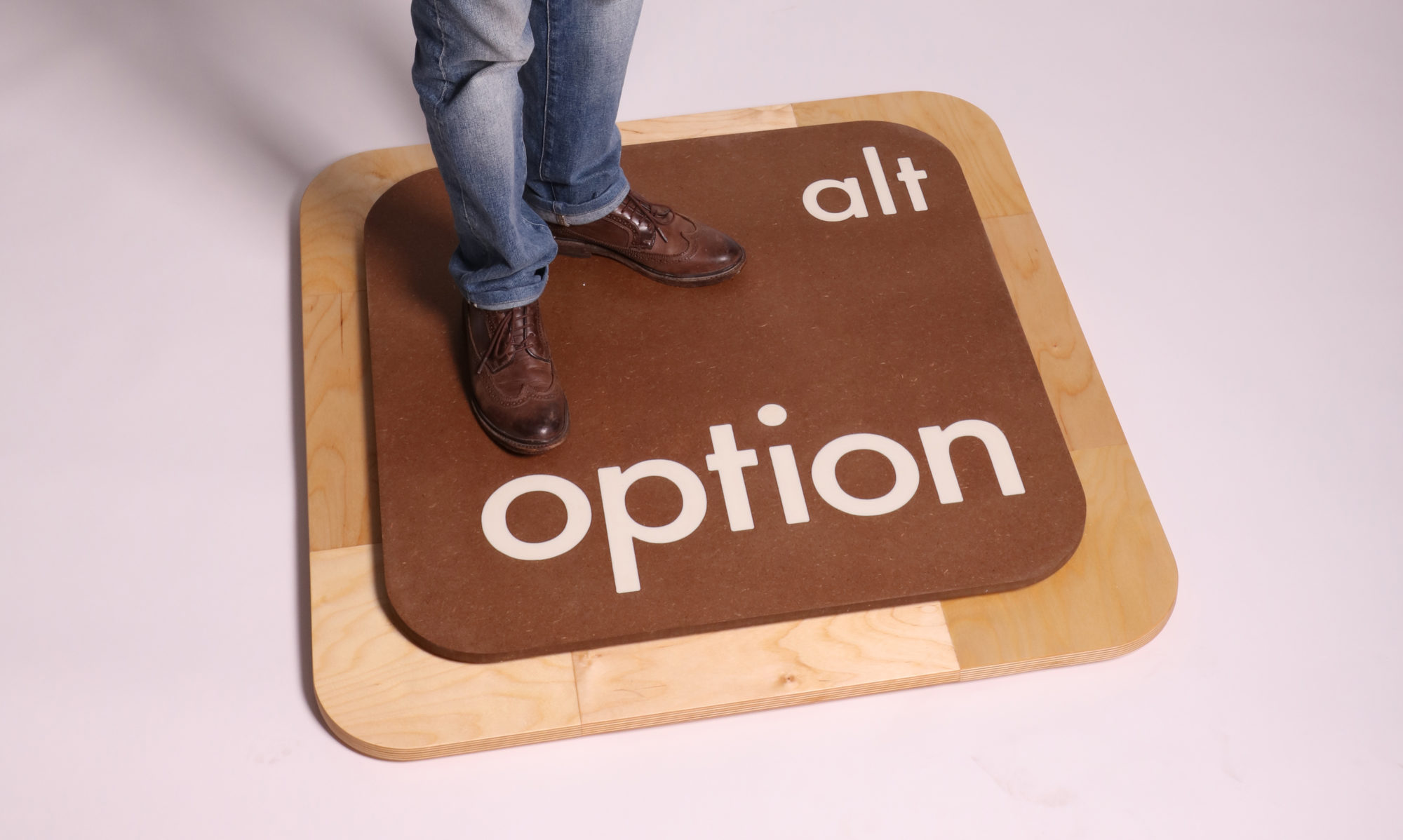Reading Response questions
- what learning games have you played? can you categorize them by the theory of learning types: behaviorism, constructivism, constructivism or social nature? if you played more than one which was the most effective? I forget the game name, but in high school, we used this grammar and punctuation website and we had to complete learning modules in it by fixing sentences. They tried to make this more fun by having the sentences tailored to your specific interests and you could pick musical artists, movies, and cartoon characters that would be featured in your sentences. Another one that I remember playing was the games based on the Super Why show on PBS. I remember having to spell out certain words to do things in the game, but not much more than that. I think that these games were mostly behaviorism because it was very much rinse and repeat and not necessarily fully integrated into making the experience as a whole good. While I can’t think of many more examples, I don’t think that behaviorism would be the most effective, and I think that constructivism or social nature could be much more effective.
- is gamification bullshit, what is ian bogost’s argument and do you agree? where have you encountered it outside of class and what was your experience? Bogost says, “More specifically, gamification is marketing bullshit, invented by consultants as a means to capture the wild, coveted beast that is videogames and to domesticate it for use in the grey, hopeless wasteland of big business, where bullshit already reigns anyway.” Essential Bogost says that gamification is something that companies do to try to sell more product, expand their audience and they just do it as a way to expand themselves. This can be done in a very sloppy manner. I think that I would tend to agree with Bogost. One example of where I have encountered this are the playable ads that I see Progressive using quite often. To me, they don’t really seem very effective and are just poor quality ads that don’t make me want to get Progressive anymore. It also just feels exploitative because it seems directed towards younger children, and I don’t know why they would do that except to increase brand awareness UNTIL they grow up and can purchase insurance.
- What is a serious game and why aren’t they chocolate covered broccoli? According to the article, “Serious Gaming is used to teach and train K-12 students or as professional development”. You want to avoid chocolate covered broccoli “serious games” that are just education with a sweet coating trying to make it a little more fun as an afterthought. It’s not really effective of convincing people that the topic as a whole should be enjoyable and engaging and its not as fun unless the game fully integrates mechanics with problem solving, for instance.
Games from the games for change site for podcast
- I particularly looked at the free games on the site because they would be most accessible to myself and a larger audience. Here are some that stood out to me:
- A Blind Legend – a game designed for the visually impaired
- Datak – A Serious Game About Personal Data
- Gamer Girl
- Harmony Square
- Heirloom
- Quandary
- Sky: Children of the Lights
- Syndesi
- Tendar

I like how you used direct quotes, really helps to push your point across more showing direct quotation
thank you, i feel they explain it better than I can
I had to play a similar game with the sentence thing, except mine was in Spanish.
Oh, that’s really interesting!